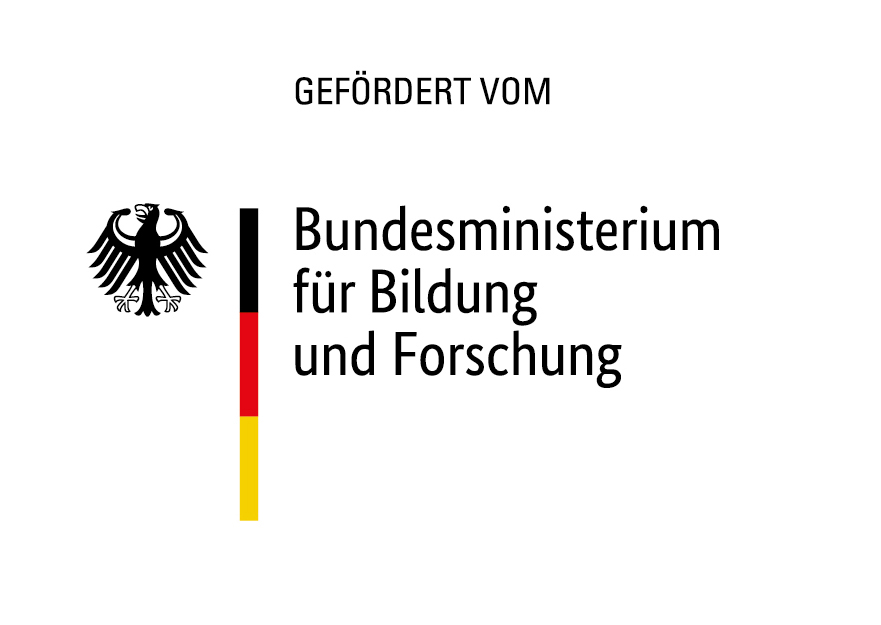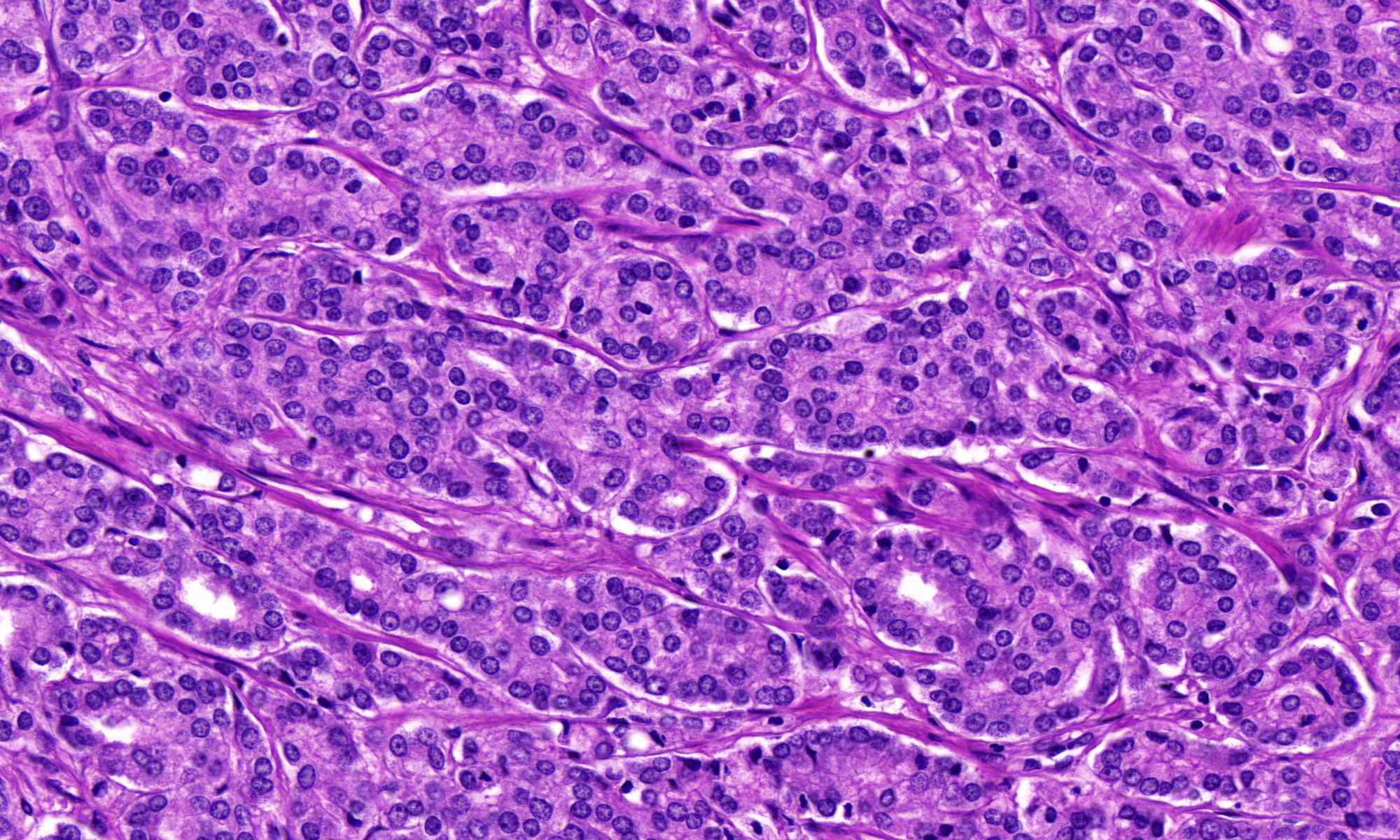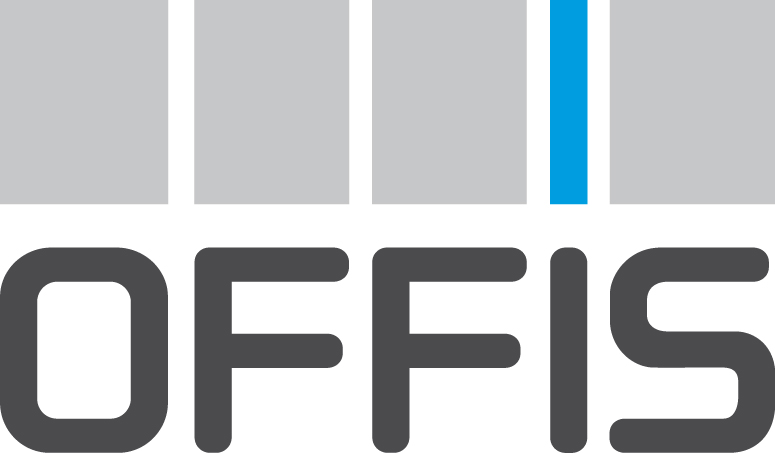
The OFFIS Institute for Information Technology is an application-oriented non-profit research and development institute related to the Computer Science department of the University of Oldenburg in Lower Saxony, north-western Germany. Its primary mission is to adopt the findings from academic basic research in computer science and other relevant disciplines, to be aware of new market demands through its many years of experience in co-operation projects with the industry, and to bridge the gap between “basic research” and “application demands” through application-oriented research. The OFFIS “Health” R&D division, which coordinates the PROSurvival project, addresses a broad range of research topics related to the use of information technology related to health and healthcare, including medical device technologies, integration technology, data analysis technologies and human-machine interfaces.

Fraunhofer MEVIS is a non-profit research and development center for digital medicine that covers the entire innovation chain from applied research to certified medical products. An important field of expertise is the development of AI solutions for pathology. Current developments address the robust analysis of cellular structures using deep learning and reducing the training effort of tissue recognition methods using transfer learning or image fusion. One of the institute’s strategic topics established in 2020 is to build robust algorithms for decision support in pathology that can be trained using only small datasets. Furthermore, Fraunhofer MEVIS has expertise in the containerization of AI-based analysis methods and their distribution in the cluster.
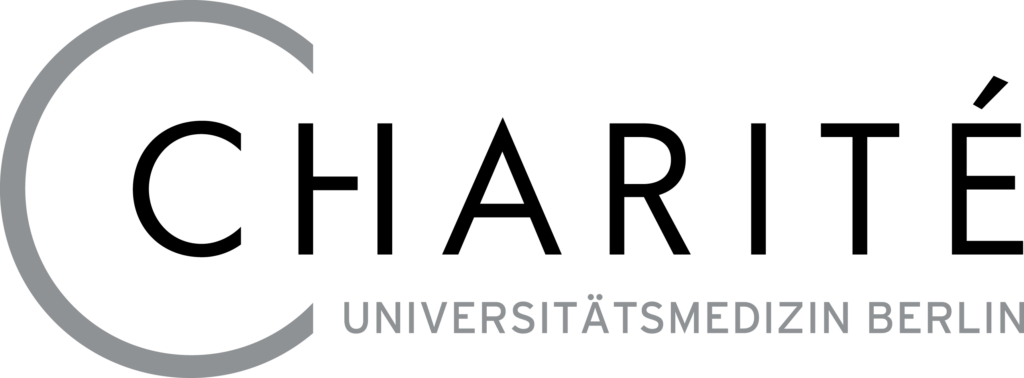
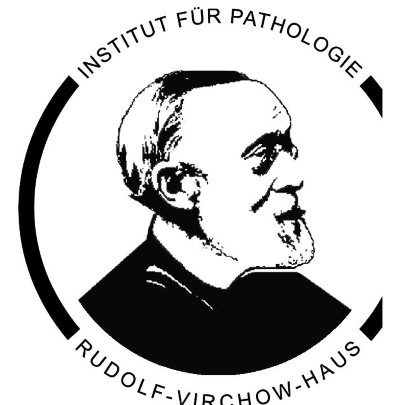
The Charité – Universitätsmedizin Berlin is one of Europe’s largest university hospitals, affiliated with Humboldt University and Free University Berlin. The Humboldt University and the Free University are part of the Berlin University Alliance. The Berlin Institute of Health (BIH), as a third pillar, aims to translate findings from biomedical research into new approaches for personalized prediction, prevention and therapy and, conversely, to develop new research approaches from clinical observations. Charité is the coordinator of the EMPAIA Consortium, which was one of the winners in the BMWi AI Innovation Competition in 2019. EMPAIA (EcosysteM for Pathology Diagnostics with AI Assistance) is focused on establishing the basis for the broad use of AI in diagnostic imaging. The open ecosystem brings together research institutions, reference centers, startup companies, relevant professional organizations, and an international industry consortium to improve standardization and certification.

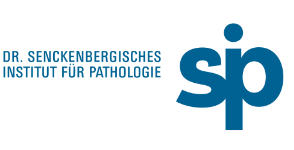
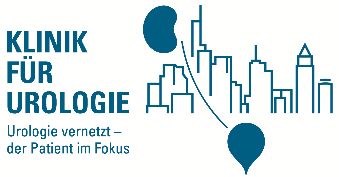
The Goethe University Frankfurt (GUF) belongs to the top five German research universities in life sciences. GUF has outstanding infrastructure and state-of-the-art research facilities at the departments for life sciences, two Max Planck Institutes, the University Hospital (UKF) with the University Cancer Center Frankfurt (UCT), the Georg-Speyer-House and the Frankfurt Cancer Institute (FCI). From the medical faculty of the GUF and the University Hospital Frankfurt, the Dr. Senckenberg Institute of Pathology (SIP) and the Department of Urology are involved.
